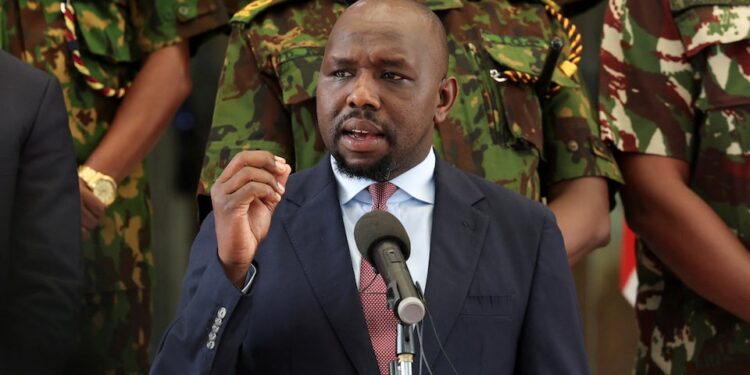Soldiers in Togo used tear gas and batons to disperse hundreds of protesters in the capital, Lomé, who were calling for the resignation of longtime leader Faure Gnassingbe.
The protesters, organized by bloggers and activists, highlighted persisting political strife in Togo, where Gnassingbe was recently given the powerful new role of President of the Council of Ministers with no fixed term limit. The opposition has described this move as a “constitutional coup” that could extend Gnassingbe’s rule for life.
The protests, which were planned for three days, were quickly scattered by soldiers, with many shops remaining closed as clashes continued into the afternoon.
Some protesters burned wooden furniture and tires used for makeshift barricades, sending black smoke billowing above the streets. “We’re hungry.
Nothing works for Togolese youth anymore, that’s why we’re going out to protest this morning,” said Kossi Albert, a 30-year-old unemployed man, adding that he was planning to turn out again on Friday.
The Togolese authorities have been criticized for their handling of dissent, with Amnesty International reporting the arrest of dozens of people during protests on June 5-6 against Gnassingbe’s new role and the cost-of-living crisis. Many were quickly released, but the rights group condemned the government’s actions.
Last week, Togo suspended broadcasts of French state-funded international news outlets RFI and France 24 for three months, accusing them of a lack of impartiality and rigor.
The situation in Togo highlights the ongoing challenges faced by citizens in West Africa, where long-standing leaders have often been accused of manipulating the system to maintain power.
The international community will likely be watching the situation closely, as the government’s response to the protests and the opposition’s demands for change will have implications for the country’s stability and future.









